Nations must start now to address the impacts of climate change, Ken Ash, director for trade and agriculture for the OECD, told delegates at the inaugural Primary Industries Summit in Wellington in July.
“Start today. If it takes five years or 10 to 30 years to get done that is not so urgent, but it’s urgent to begin now. Any policy changes will impact real people and real lives so it is important to signal clearly to the people affected, what you are doing, how long you will be doing it, and then do it.”
The impacts of climate change may not be all negative, says Ken. “In confronting climate change, you may see a shift in production zones and see some opportunities.”
But he says exploring that future reality is vital. “All governments have relationships with their business communities and the governments that are better at it don’t just talk to big multinationals. “They talk to the wider set of businesses and they talk to labour and to other interest groups including in the agricultural space.
“Who we consult and when we consult matters a great deal so if you want to talk about supply, talk to young farmers, talk to new entrants who want the freedom to farm. Change the people you talk to and listen a bit more carefully.”
Ken also advised governments to keep in mind the positive and negative impacts international trade negotiations could have on their populations. “Talk about what you propose to negotiate and when you will negotiate.”
Punching above weight
The outcomes of trade agreements, especially for a small nation like New Zealand, may not be exactly what was wanted so there’s also a need to communicate to the affected sectors about what has been done and how they might take advantage of it.
Ken says New Zealand is a great example of a small country with powerful people punching well above its weight globally and one of its advantages is no one is scared of us.
“Like my country Canada, NZ is not a threat. You don’t scare anybody. No one is afraid of NZers or Canadians,” said Ken, acknowledging that the exception among ‘scary’ NZers might be the All Blacks.
While there are some advantages in not being a threat when it comes to trade negotiations, Ken says not being big enough, strong enough or financial enough meant NZ had to be better prepared.
“You need to be on the front foot, know exactly what you want and why you want it and be prepared to be flexible.”
Trade protectionism
Ken painted a slightly pessimistic outlook for world trade, saying a decline in growth internationally was leading to inequalities of opportunities, which has “continued to fuel people’s fear, and a legitimate fear of being left behind”.
“Public scepticism in many countries about trade has increased calls and pressure for more trade protectionism.
“When people have unequal income and wealth, it affects my kids and your kids so if you are concerned about the future of families, rising inequality of opportunity is a bell weather.”
Many people were right to be concerned about the future, but Ken says trade didn’t cause all their problems and trade would not fix them. Many of the solutions were to be found domestically.
“A much more integrated approach to trade and domestic policy is needed. We want the whole system to work and do better for more people. We need to get out of the ‘silos’. Trade ministers need to talk to economic ministers, to education ministers, to digital ministers and to those who pay for infrastructure.”
Domestic policies that encourage innovation and opportunities to bring everyone along are needed and should include well-designed income support and social spending, plus measures to revitalise regions and policies that are fit for purpose to meet future challenges.
Unapologetically localists
Ken encouraged NZ to continue to engage internationally. “You should be unapologetically localists. “Your country, like mine, cannot afford to wait. You have to anticipate and prepare for all contingencies and need to invest in rules-based multi-lateral trade systems.
“You also have to invest in ambitious, comprehensive economic partnership arrangements. I don’t think they are free trade agreements anymore but are partnership arrangements. Working together is the best way to address the market distortions, which underline many of the current [world] tensions.”
Ken says one recent set of scenarios considered by the OECD is what would happen if tariffs among the G20 countries were brought down to around zero per cent. “That could see global household incomes increase by one per cent, which would be welcome.”
However, if there were reforms of import restrictions at borders as well as a streamlining of non-tariff measures, plus other factors, that could result in an increase of up to six per cent of global household income, says Ken.


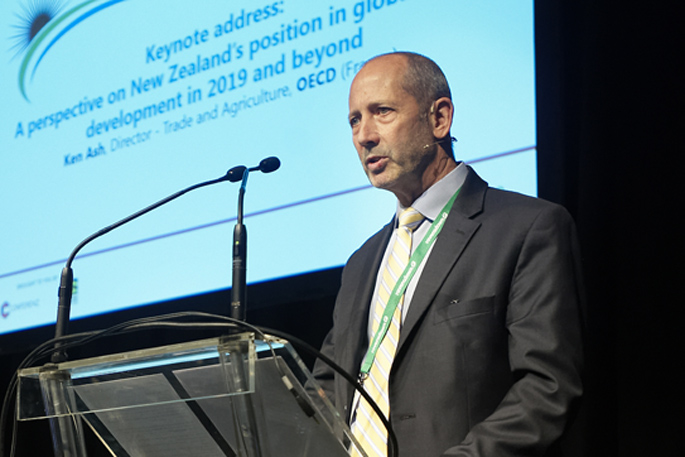
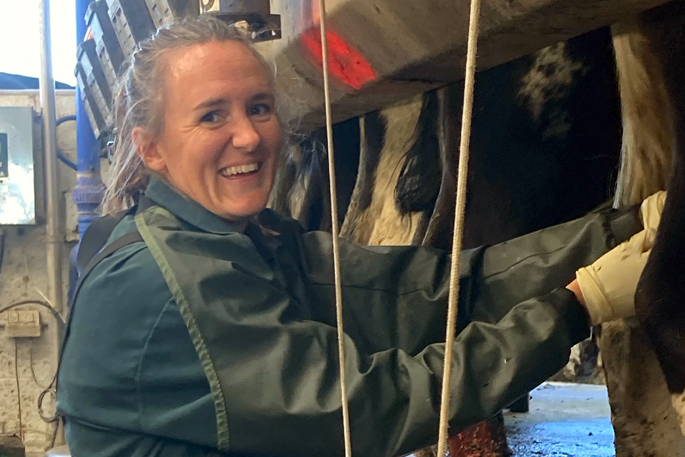
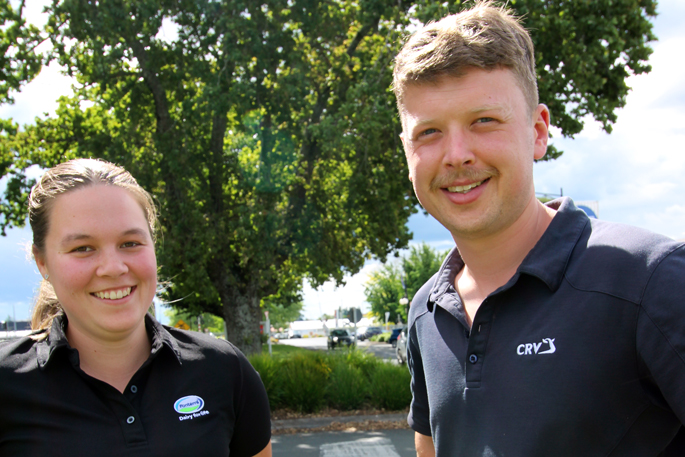
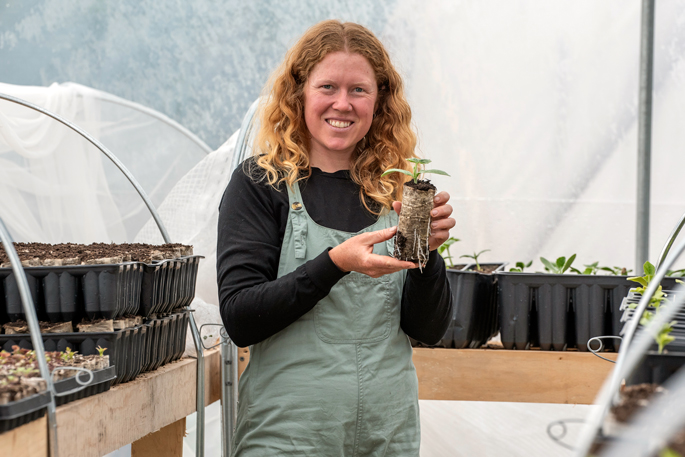
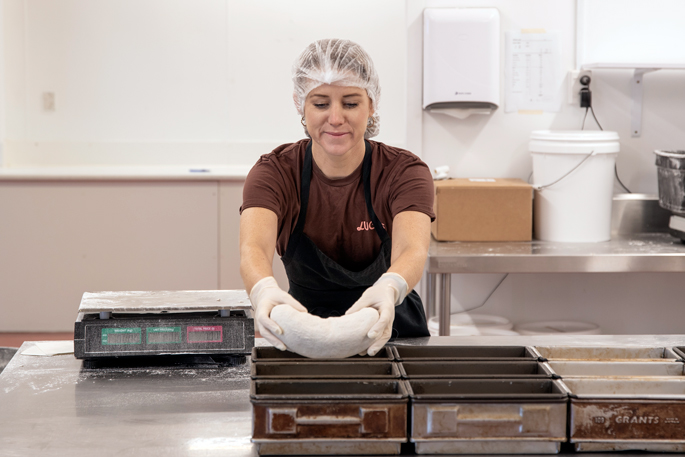
0 Comments
Leave a Comment